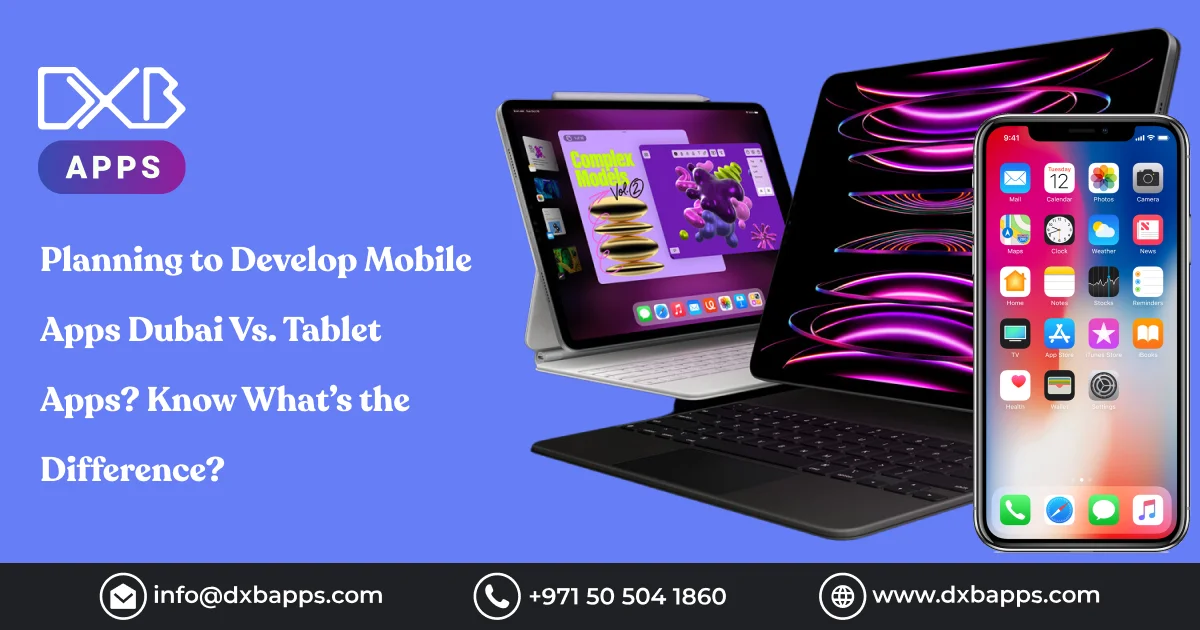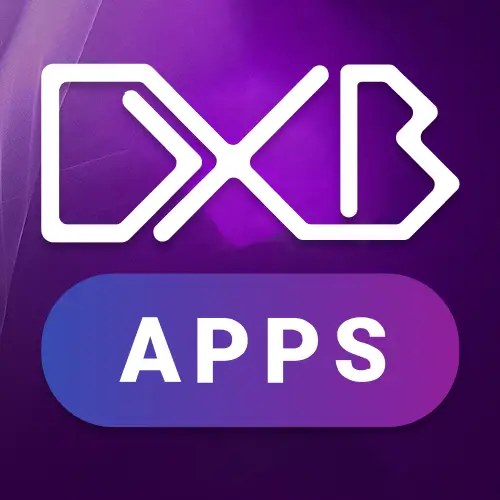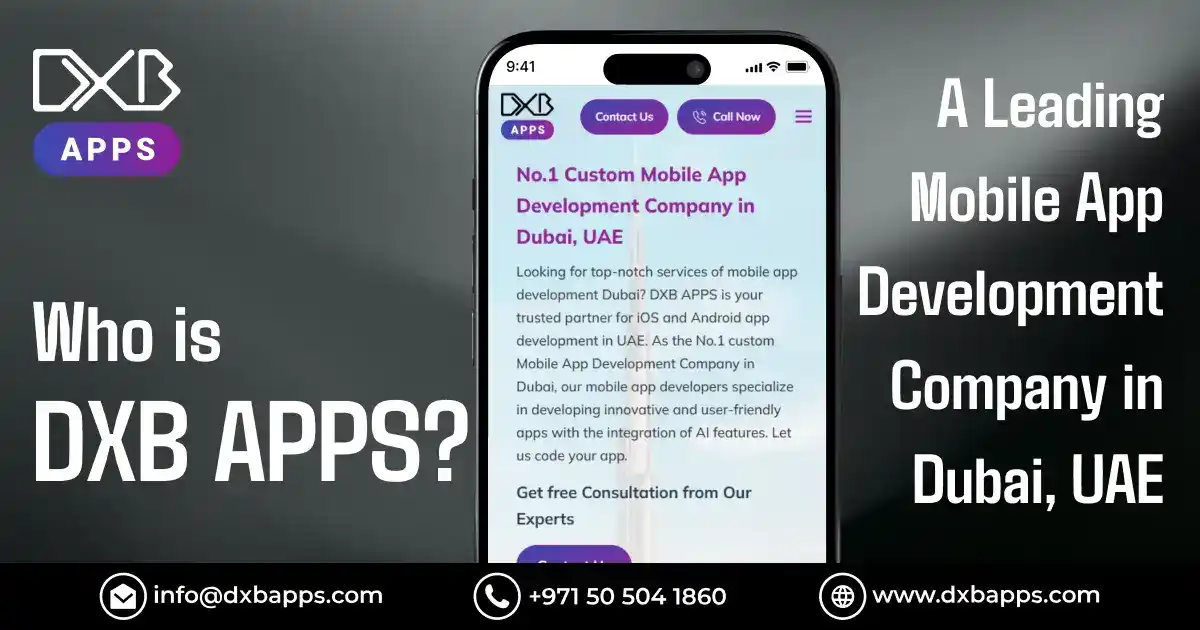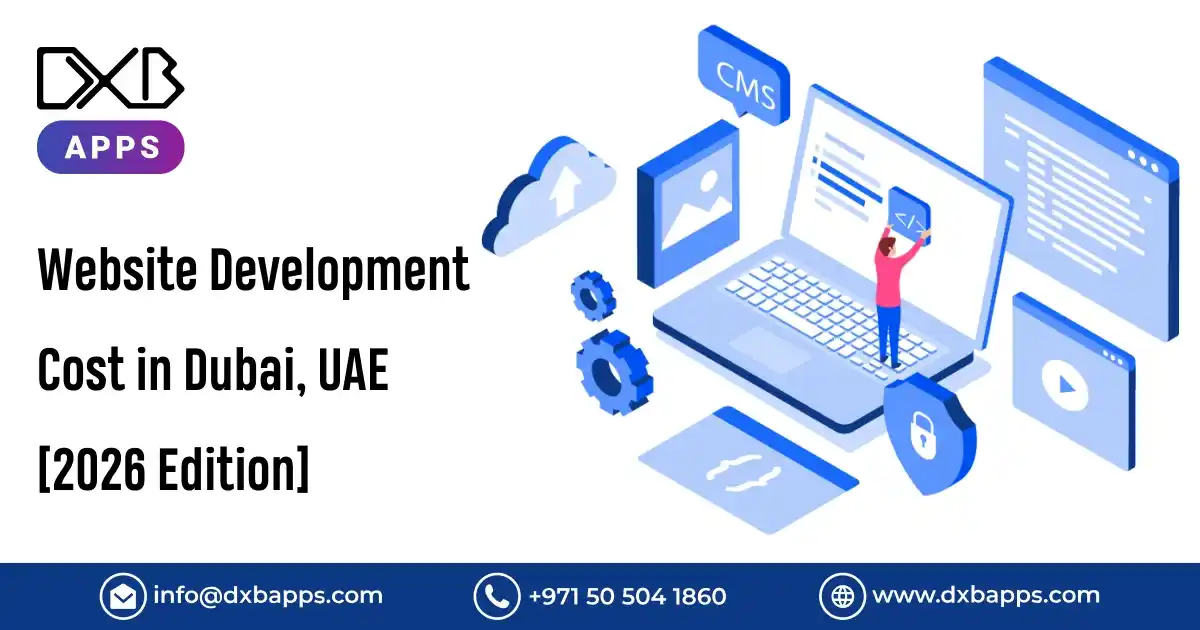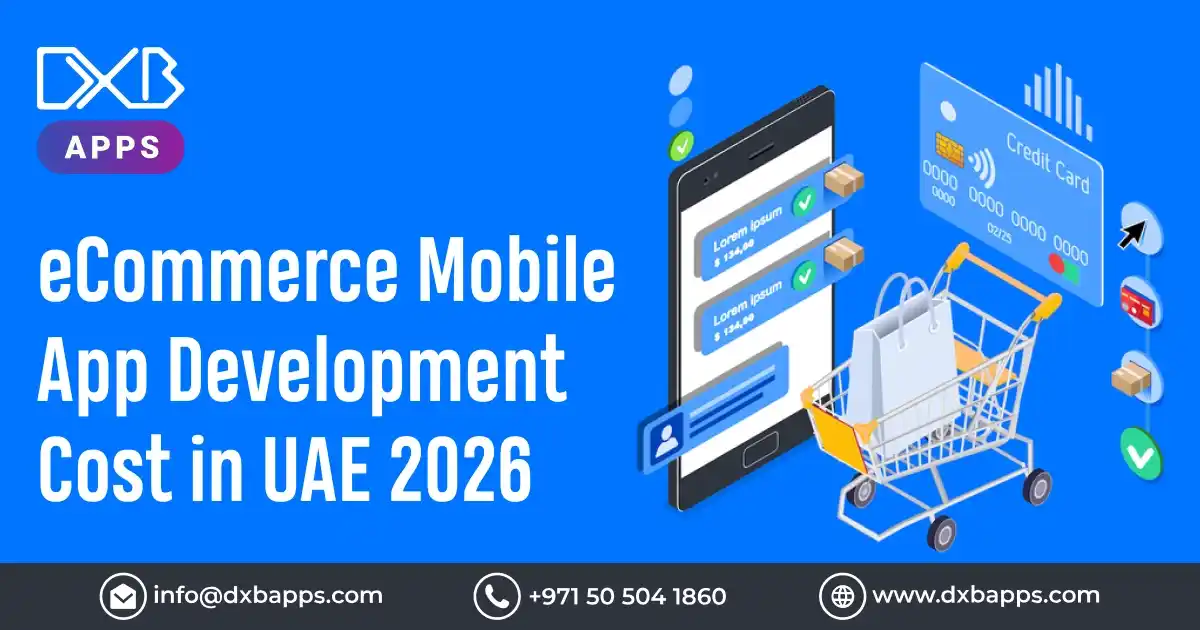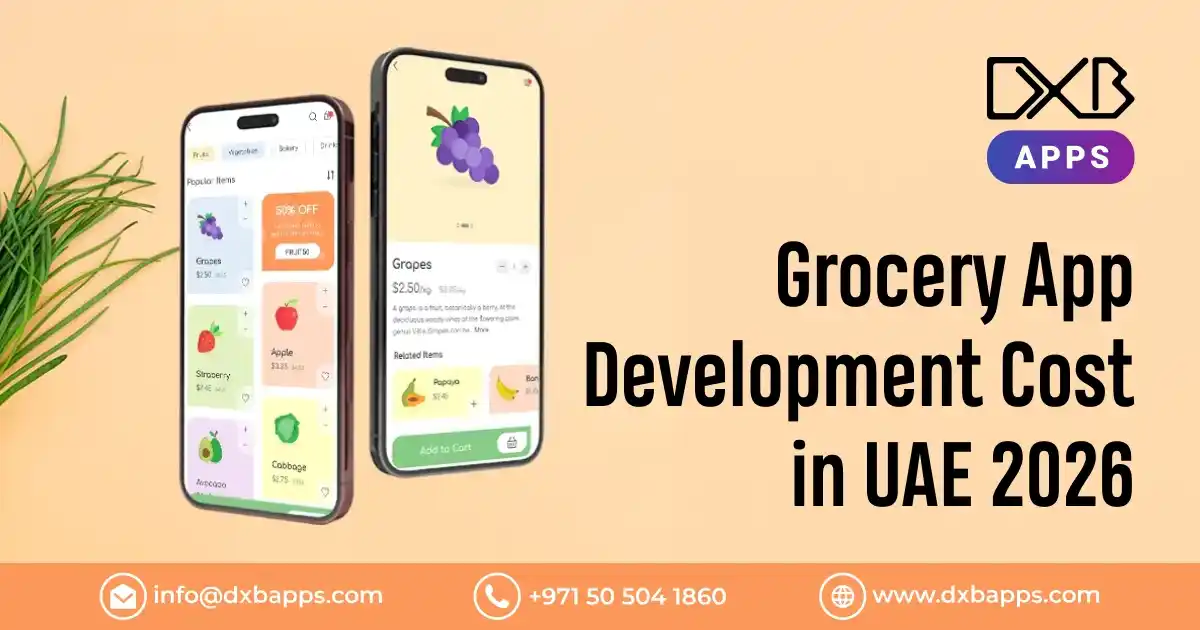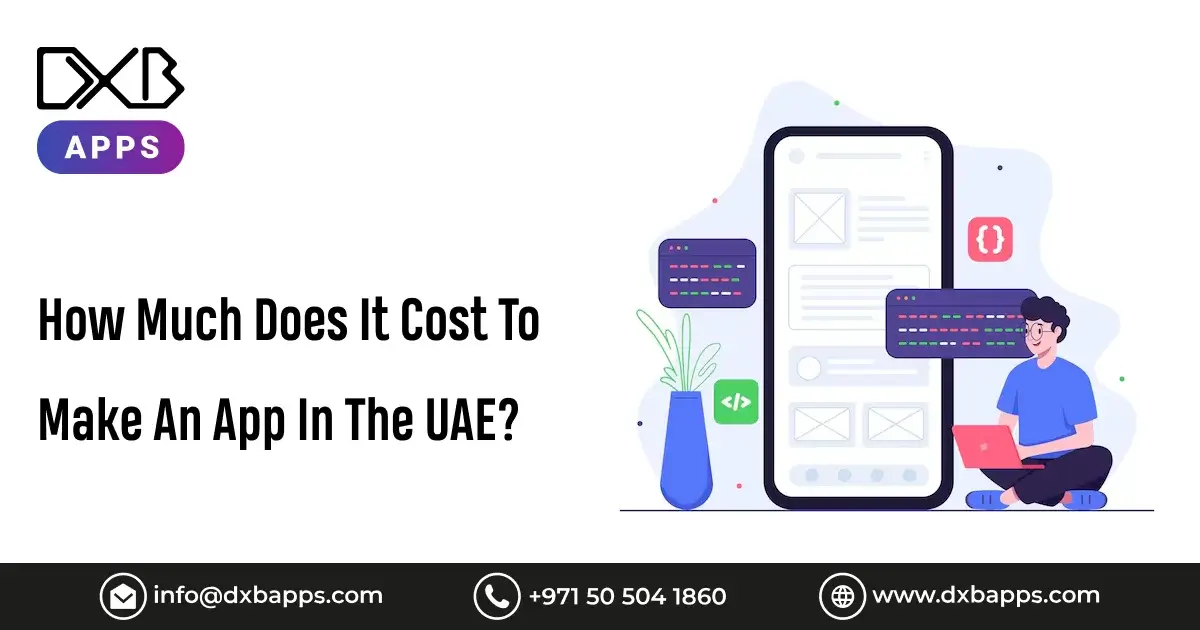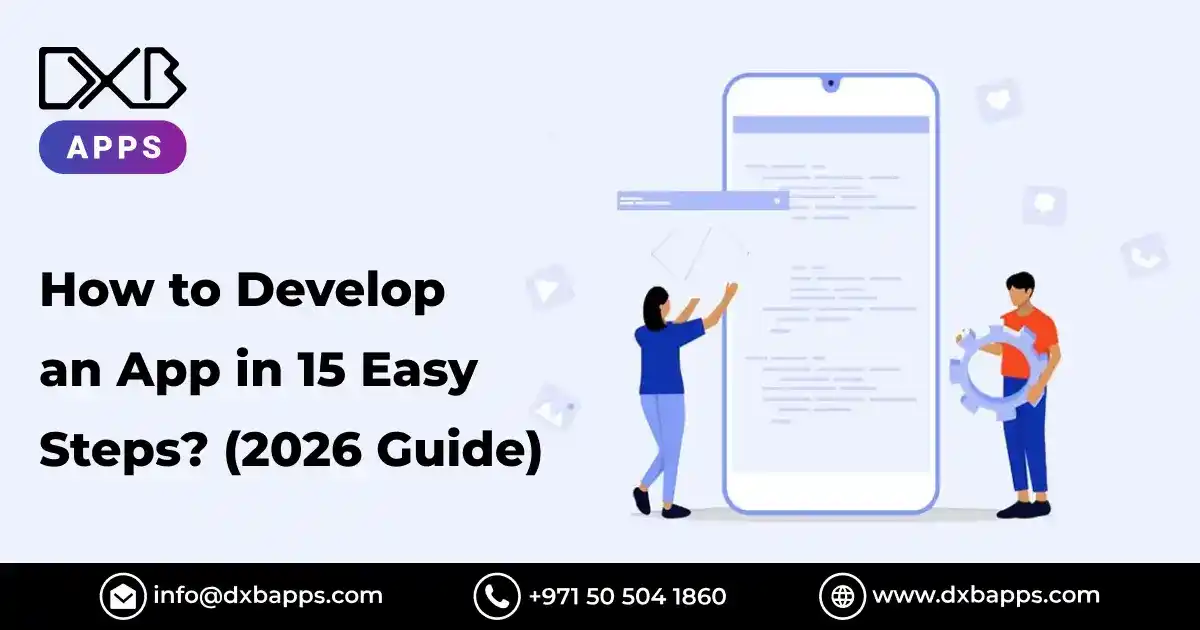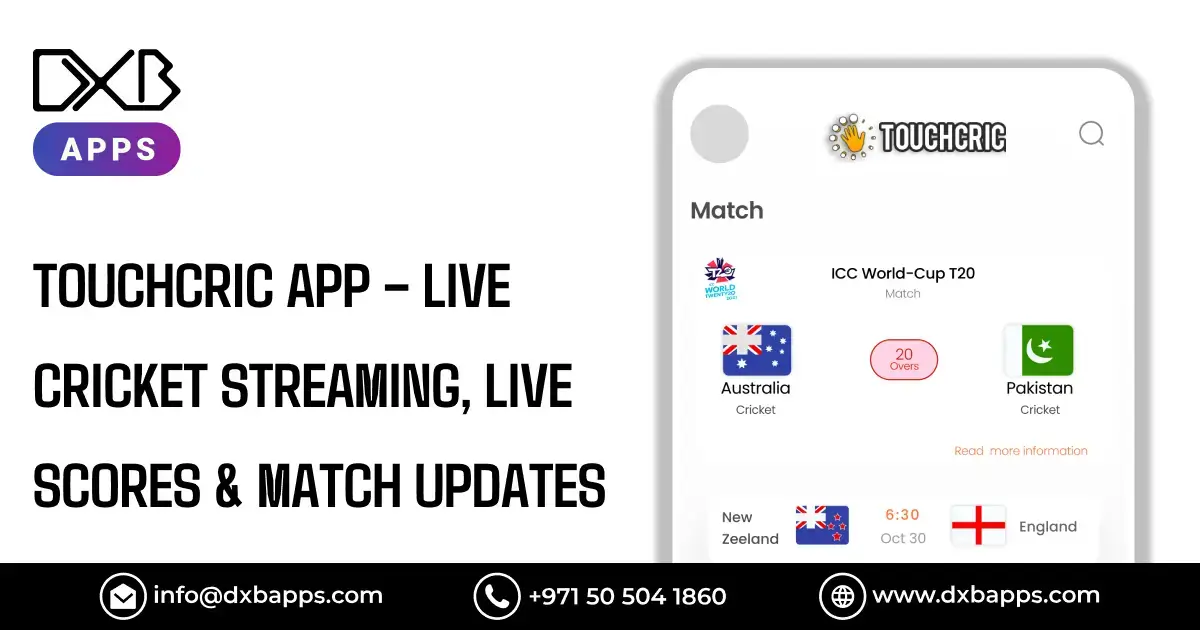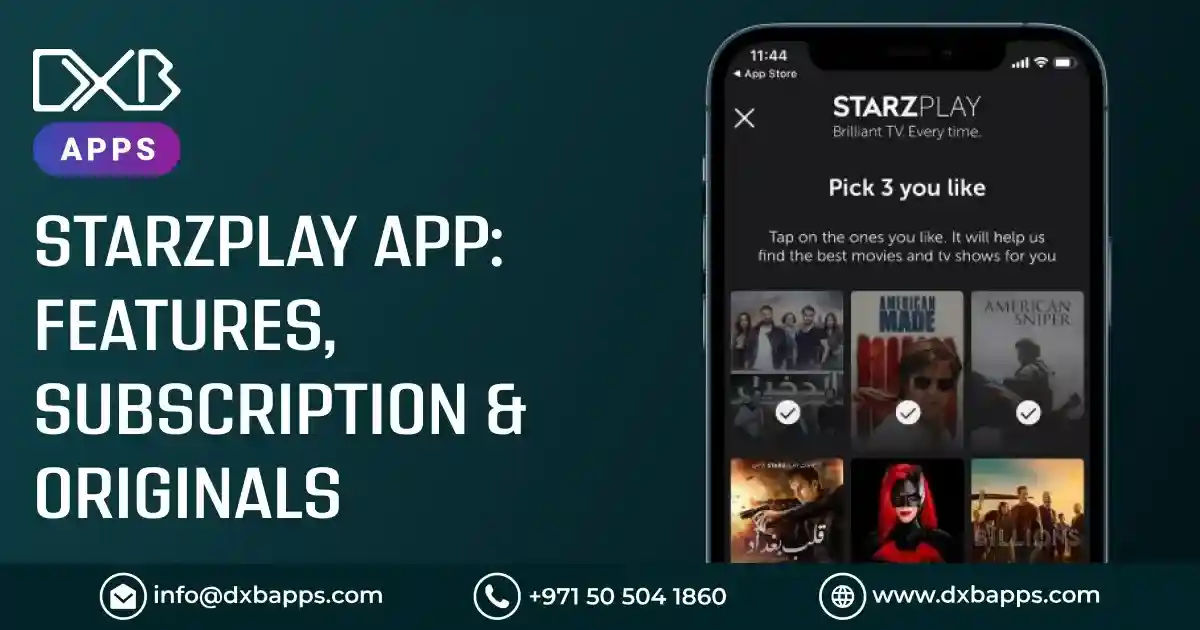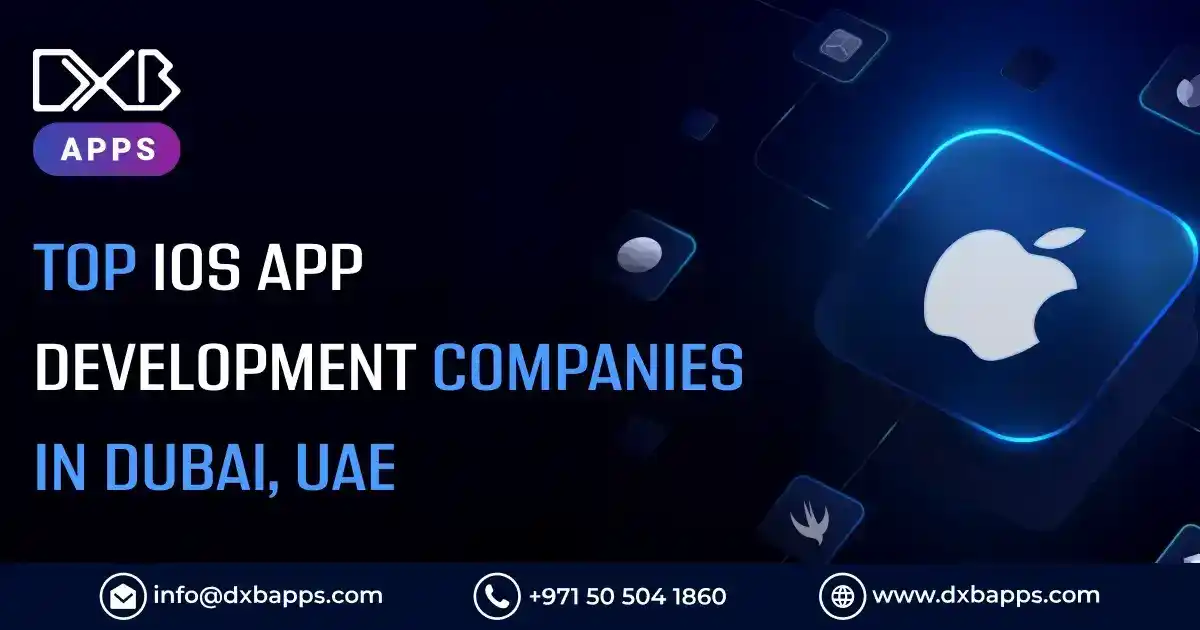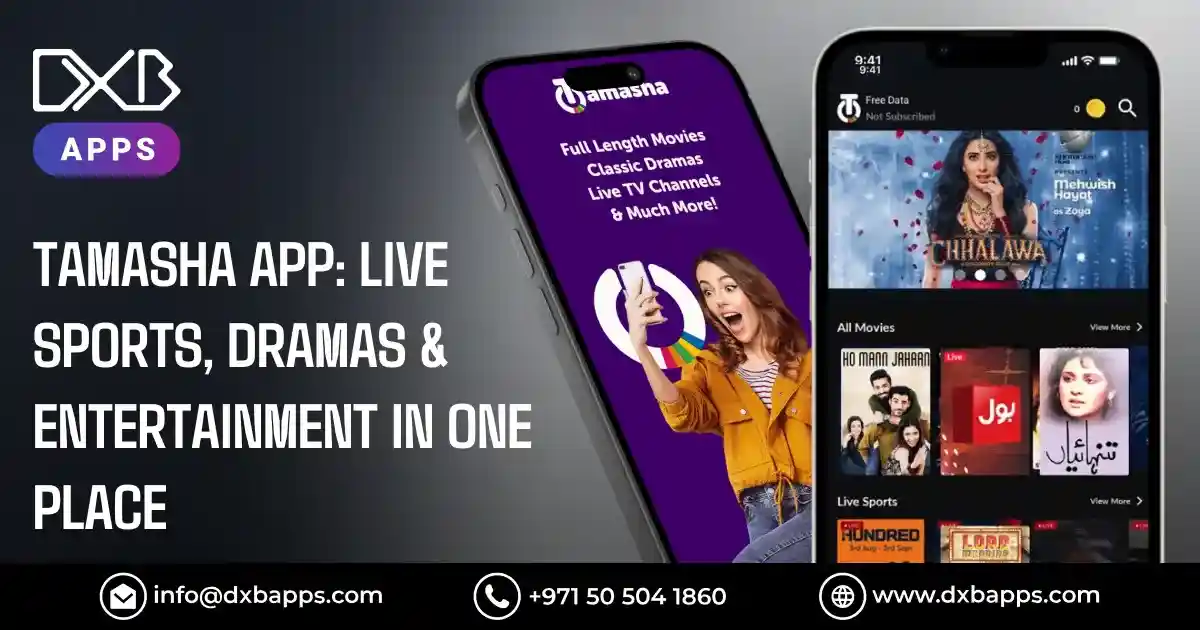It isn't easy to picture living in the digital age without cell phones and tablets. We now use these devices almost exclusively as part of our daily lives since they let us communicate, stay connected, and access information on the road.
Therefore, it should be no surprise that many companies use Android app development to connect and interact with their clientele. However, there's an essential choice regarding mobile app development: should you concentrate on creating tablet or phone apps?
In this post, we'll go over the distinctions between creating tablet and phone apps and assist you in choosing the one that will work best for your company.
Additionally, there are many top platforms for creating and maintaining mobile apps, demonstrating how they help your company's application development Dubai process go more smoothly.
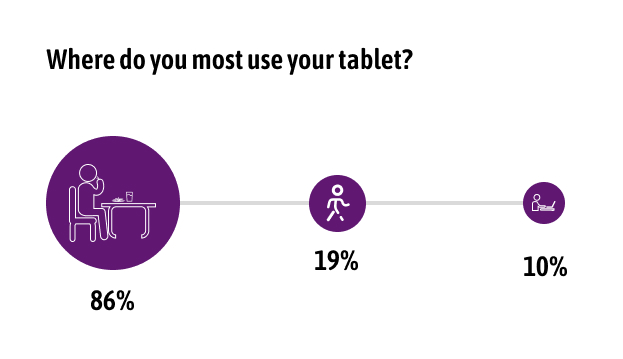
Differences Between Tablet And Phone Apps
Let's begin by discussing the main distinctions between tablet and phone applications.
Screen Resolution And Display Size
The size of their display screens is the most noticeable distinction.
Compared to tablets, phones usually feature smaller displays, typically measuring between 4 and 6 inches on the diagonal, instead of tablets' 7-inch or more extensive displays. This implies that components like buttons, text, and photographs will seem more prominent on tablets than on phones. Some of those components must be moved for a more comprehensive screen. Tablet and phone display resolutions can vary significantly.
Text and graphics will appear sharper on phones than on tablets since phones often have greater pixel densities. Because of this, it may be challenging to create an app that is aesthetically pleasing and functionally sound across all display types.
User Interface And Navigation
The user interface and navigation of apps on phones and tablets differ significantly.
Since phones are meant to be quick access devices for information, it is generally understood that users should be able to access all of the app's capabilities with just one or two touches.
Conversely, tablets are made with a focus on providing more detailed information and larger screens. This implies that features can be arranged in a sidebar or dispersed over several screens to provide a more engaging user experience.
Hardware Performance And Capabilities
Because phones often have weaker processors than tablets, the hardware capabilities of phones and tablets can also differ significantly.
This may impact the kinds of features that may be added to an app and how quickly it can complete tasks.
For instance, a phone could not have the processing capability to support complex graphics or augmented reality.
Cost And Development Considerations
It's crucial to consider the price of creating apps for tablets and phones. The cost of producing phone apps may be higher because phones often require more coding and optimization than tablets.
Additionally, top app developers may need to design multiple app versions for each device to ensure an app's usefulness across various phone screen sizes and resolutions.
Thankfully, app development Dubai can be expedited and made more effective with the correct platform. There is indeed a top app platform for developing and maintaining mobile apps, enabling developers to swiftly and affordably produce high-caliber apps for smartphones and tablets. Without compromising user experience or speed, developers can create captivating experiences on every device using its robust tools.
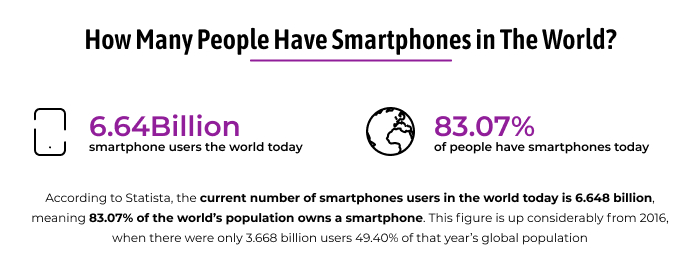
Advantages And Disadvantages Of Mobile Apps
When compared to other kinds of software, phone applications have many advantages. Phones' ease of use and mobility—they can be used practically anywhere, at any time—may be their most significant advantage.
Therefore, they are perfect for people who are constantly on the go or require rapid access to information. Phone apps are also excellent for reaching potential clients because of their broader market.
However, when creating phone apps, there are a few disadvantages. The biggest drawback is the small screen size, making it challenging to develop an application that offers a complete user experience and displays every feature consumers might anticipate from larger devices.
Advantages And Disadvantages Of Tablet Apps
The bigger screen size of tablet apps is one of their main advantages. This enables developers to produce user experiences that are more engaging and dynamic.
Compared to phones, tablets frequently have better technology, which allows them to host apps with more sophisticated features and functionality.
There are a few disadvantages to consider when creating tablet apps. Because tablets are less widespread than phones, the app market is less, which is the most significant restriction. Over 83% of people on the planet own a smartphone.
However, only 2.4% of people worldwide possess tablets. In addition, tablets' global market share decreased by 50% in recent years.
This implies that a tablet app may have a smaller pool of prospective users and may take longer to become popular in the app store.
Factors To Consider When Deciding Between Phone Apps And Tablet Apps
There are a few essential things to think about while choosing between creating tablet and phone apps.
Target Market And Usage Patterns
Selecting the platform that would provide the ideal user experience requires understanding the target audience and their usage patterns.
For instance, a phone app would be the most excellent choice if most consumers use it on the road. However, a recent survey shows that 86% of tablet owners use their devices at home.
Therefore, creating a tablet app can make sense if your target audience is more inclined to consume material at home.
Organisational Objectives And Ideal User Experience
When making this choice, it's crucial to consider goals and the ideal user experience.
It is essential to consider each platform's unique design concerns to customize the user experience for different devices.
For instance, because of its larger screen, a tablet app would need more features and capability, while a phone app might need to prioritize speed and usability.
Budget And Resource Availability
When choosing between creating tablet and phone apps, you also need to consider your budget and available resources. Making an app for a new platform can be expensive and time-consuming, so before beginning the project, be sure you have the tools you'll need.
Creating a tablet app may also require extra hardware features and design considerations, which could raise the development cost.
DXB APPS- Your High-End Solution For Web Development
DXB Apps, a leading website Development Company Dubai is a prominent name for superior web development services providing organizations with all-inclusive solutions to support them on their digital transformation path.
Last Words
Creating applications for smartphones and tablets can be a terrific way to increase interaction and reach a larger audience. Developers may quickly and affordably produce high-quality, device-specific experiences with the appropriate platform and development methodology.
There are many great options for developers who want to quickly and easily construct robust mobile apps. DXB APPS offers an all-in-one platform for creating mobile and tablet apps that are certain to increase user engagement thanks to its streamlined development process, extensive analytics tools, and potent customization choices.
Faqs
What are the primary distinctions between tablet and mobile applications?
Tablet apps use larger displays for richer content and interactions, whereas mobile apps are intended for smaller screens and on-the-go consumption.
What differences exist in user preferences between tablets and smartphones?
Tablets are chosen for leisure activities like gaming and entertainment, whereas smartphones are mainly used for communication and utility apps.
How can you improve your business In Dubai?
For professional web and app development solutions customized to your company's requirements, contact the top mobile app Development Company.

